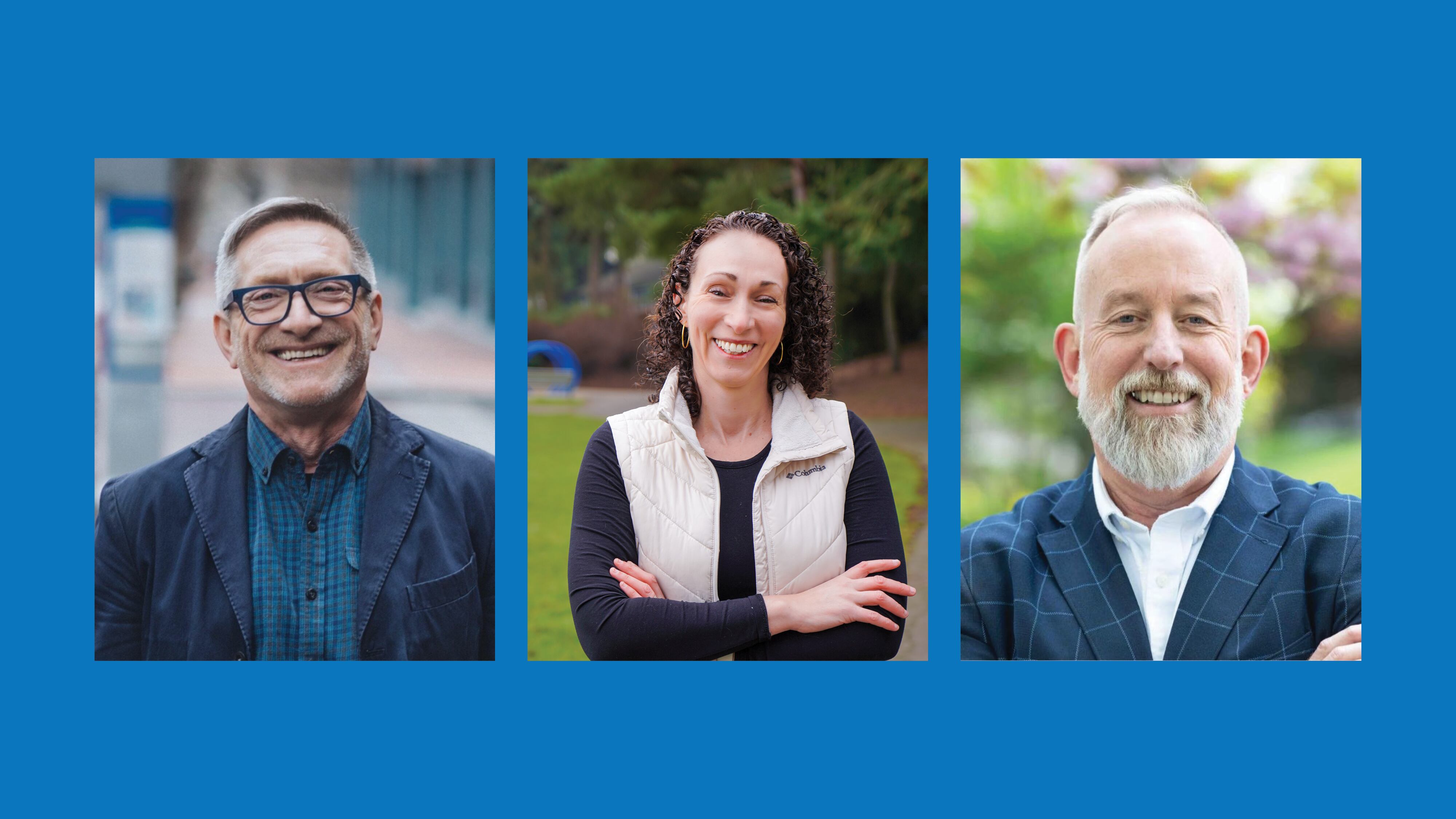Endorsements issued this month by the political arm of Basic Rights Oregon, the foremost Oregon nonprofit aimed at elevating LGBTQ+ voices, are getting pushback from some queer candidates running for Portland City Council.
That’s because the organization’s political action committee endorsed mostly non-LGBTQ+ candidates across all four of Portland’s voting districts despite there being five other candidates who identify as queer that qualified for matching taxpayer funds.
Four of the five LGBTQ+ candidates left off of Basic Rights Oregon Equality PAC’s endorsement list say it signals a departure from the organization’s guiding principles.
One such candidate is Elana Pirtle-Guiney, who worked for the union AFL-CIO for a decade and then worked for former Gov. Kate Brown for six years.
“I don’t expect anyone to support me based on my identity. I should prove I’ve done the work. And given that I have done the work, that really stung,” Pirtle-Guiney says. “It’s like they were intentionally cutting me out of the process.”
Incumbent Commissioner Dan Ryan, who’s running in District 2, says that Basic Rights Oregon has “clearly lost sight of their mission on who they serve.”
“The fact that BRO failed to endorse a gay elected [official] that has lived for 40 years with HIV is unimaginable,” Ryan says.
Basic Rights Oregon says it stands by the endorsements made by its PAC board.
“We firmly believe in the need for LGBTQ+ political power and representation. Our PAC board does not give out a rubber stamp based on any one identity or question, but rather considers a range of issues important to our communities when making endorsements,” says Basic Rights Oregon spokesperson Blair Stenvick. “Issues like housing and homelessness, criminalization of poverty and addiction, and racial and disability justice all disproportionately impact LGBTQ+ Oregonians and are factors when considering whom to endorse.”
The split largely falls along the ideological fault lines between Portland’s center-left candidates and its most progressive wing.
Basic Rights Oregon based its endorsements off of questionnaires filled out by candidates seeking its endorsement. No in-person or virtual interviews were conducted.
The questionnaire asked if the candidate had personally helped support LGBTQ+ candidates or candidates of color; if they supported the expansion of Portland Street Response; how they think Portland police should enforce possession of drugs; how to approach a “protester’s right to free speech, including civil disobedience”; and the candidate’s position on housing and the “criminalization of homelessness.”
Stenvick says Basic Rights Oregon didn’t proactively send the questionnaire to any candidates, but that it “consider[s] endorsements for each candidate who reaches out and fills out our questionnaire.”
However, two of the five gay candidates WW spoke to who were not endorsed by the organization—Pirtle-Guiney and Oregon Recovers executive director Mike Marshall—say they reached out multiple times to Basic Rights Oregon, seeking information on how to be considered for an endorsement but never received a response.
Basic Rights Oregon says that could be due to a staff capacity issue. “Any delays or oversights in the endorsement process were due to our capacity issues and not reflective of BRO PAC’s views of any one candidate,” Stenvick says.
Pirtle-Guiney and Marshall obtained the organization’s endorsement questionnaire through other channels and submitted it by the deadline.
The organization’s endorsement process was so controversial that it even led to the resignation of one of its political action committee board members, Meghan Moyer.
Moyer, who is gay, is running for the Multnomah County Commission against administrative law judge Vadim Mozyrsky. She got a Basic Rights Oregon endorsement in both the primary and general elections but had resigned before the board made its fall selections. “I wasn’t in alignment on the criteria Basic Rights Oregon was using,” Moyer says. She declined to comment further.
Basic Rights Oregon endorsed city employee Sameer Kanal in District 2; policy advocate Angelita Morillo and Portland Public Schools teacher Tiffany Koyama Lane in District 3; Chad Lykins, the owner of a chess company, city employee Sarah Silkie, and energy economist Mitch Green in District 4; and Candace Avalos, a nonprofit executive director, in District 1, alongside longtime transportation advocate Steph Routh. Routh and Morillo identify as LGBTQ+. It’s not clear if any of the other endorsed candidates do.
Basic Rights Oregon executive director Kyndall Mason says that two LGBTQ+ candidates not endorsed by her organization—Eric Zimmerman and Daniel DeMelo—did not fill out the questionnaire. Zimmerman says that’s because he didn’t know about its existence until after it was due.
Here are seven prominent candidates who identify as LGBTQ+ and whether they received a Basic Rights Oregon endorsement.
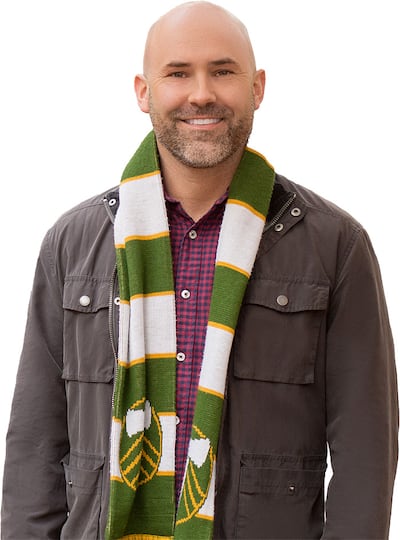
Candidate: Eric Zimmerman
Running for: City Council District 4
Received BRO endorsement: No
What he says: “There was a time when BRO’s endorsement signaled to voters which candidates from the LGBTQ community had the best chance of representing our community’s needs. My community has very much felt forgotten by BRO over the years, and their lack of endorsement of serious LGBTQ candidates this cycle seals some assumptions we’ve had for a while now.”
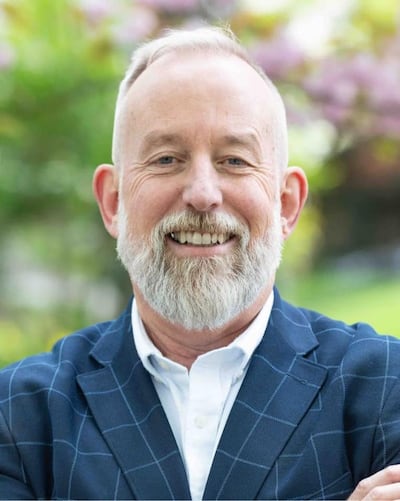
Candidate: Mike Marshall
Running for: City Council District 2
Received BRO endorsement: No
What he says: “By not endorsing queer candidates, they’re in fact hiding us from queer voters. And that just feels really wrong and irresponsible. To almost exclusively endorse straight allies and not endorse queer candidates with substantive LGBTQ+ leadership experience undermines the power of our community.”
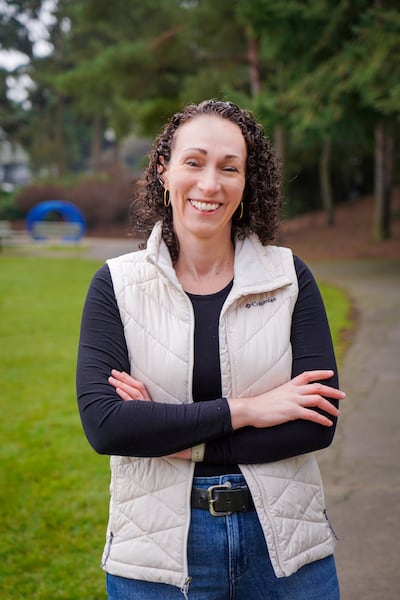
Candidate: Elana Pirtle-Guiney
Running for: City Council District 2
Received BRO endorsement: No
What she says: See quote above.
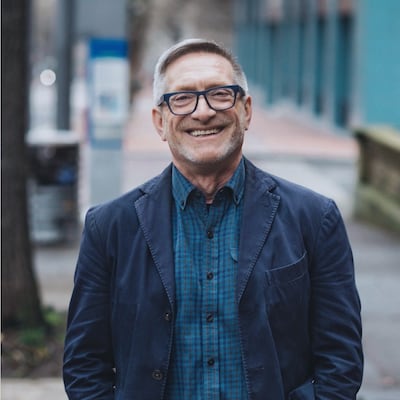
Candidate: Dan Ryan
Running for: City Council District 2
Received BRO endorsement: No
What he says: See quote above.
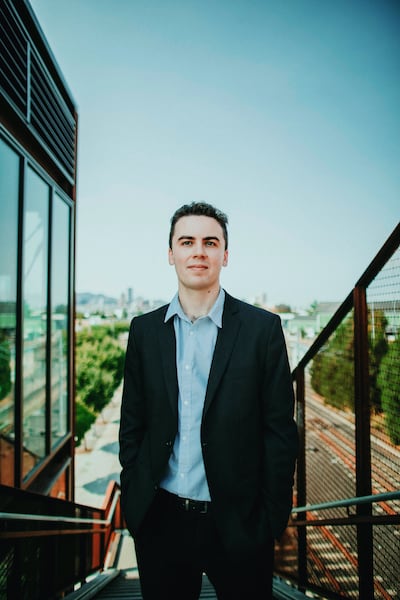
Candidate: Daniel DeMelo
Running for: City Council District 3
Received BRO endorsement: No
What he says: “Recognizing that our unsheltered homeless population is disproportionately LGBTQ+…the best way for Portlanders to support LGBTQ+ rights is to support candidates committed to ending unsheltered homelessness and tackling our skyrocketing housing costs.”
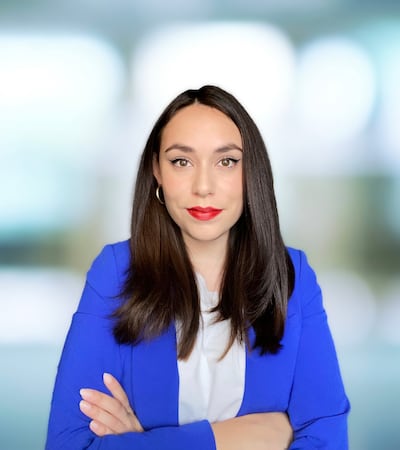
Candidate: Angelita Morillo
Running for: City Council District 3
Received BRO endorsement: Yes
What she says: “It strengthens our democracy when we have people with various lived experiences representing us, and just because someone holds a marginalized identity does not mean that they are pushing policies that will help that community. …This is now the second time candidates have gone to the media to claim an endorsement outcome was unfair. Candidates should respect the democratic process and what these organizations have decided.”
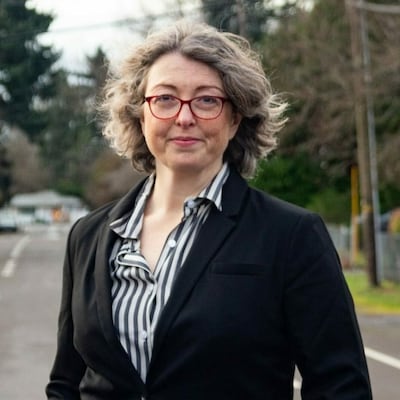
Candidate: Steph Routh
Running for: City Council District 1
Received BRO endorsement: Yes
What she says: “I empathize with the frustrations of those who feel a sense of solidarity or belonging with a group and then not be endorsed by them. I was not part of this decision, obviously, but I can connect to the experience of grieving a negative outcome.”
Correction: A prior version of this story said that Chad Lykins’ chess company is a nonprofit. It’s a for-profit company. WW regrets the error.
